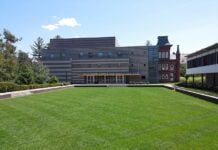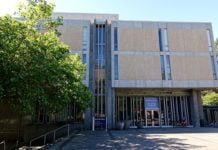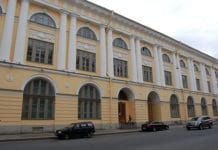Everyone knows that education is one of the most rewarding careers available. The same goes for musicians, who get to earn a living playing the instrument they love.
Music education combines those careers, giving musicians a chance to not only play their instrument but also spread their passion to children and teenagers alike.
Music education programs can prepare musicians to teach music in a K-12 school to become a youth ensemble director. Music education students can also go onto graduate studies, researching and teaching about music education on a college level.
Today, we dive into 10 of the very best music education programs in the entire country.
Not only are teachers in these programs first-class musicians, but they must also understand the fundamentals of teaching, such as classroom management, treating various learning styles, and more.
All of the schools listed here feature robust music programs in undergraduate studies (Master’s only schools have been left off the list), with ensembles and performance opportunities for their students.
They also provide students with teaching licenses for their home states (which are almost always transferable to other states in the U.S.). In fact, the schools on this list all have placement rates near or at 100%.
If you’re ready to start teaching kids how to play and appreciate music, then read on!
UCLA Herb Alpert School of Music (Los Angeles, CA)
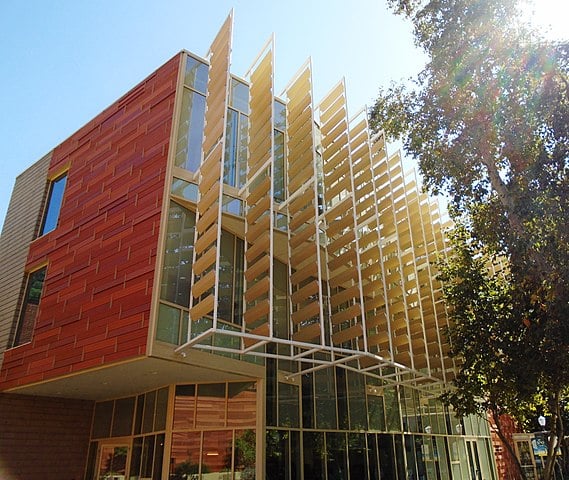
At the Herb Alpert School of Music at UCLA, students in the music education program learn how to be innovative and socially responsible music educators. In addition to pedagogical skills necessary for any teacher, students learn a range of musical knowledge, gaining exposure to general music, instrumental music, and choral/vocal music.
Students benefit from the wisdom of the school’s innovative faculty, including professor Lily Chen-Hafteck. Professor Chen-Hafteck recently won a $150,000 grant from the Chancellor’s Council on the Arts to advance relevant arts research projects that demonstrate originality and contribute to the university’s larger commitments to sustainability, equity, diversity, and inclusion.
In addition to his several years as an instrumental music instructor in schools throughout Los Angeles and Orange counties, Professor Frank Heuser was director of instrumental music at East Los Angeles College and taught music education courses at California State University, Los Angeles and at Chapman College.
University of Hartford Hartt School of Music (Hartford, CT)

Part conservatory and part educational program, the Hartt School of Music at the University of Hartford boasts one of the most comprehensive music education programs in the nation. The program not only exposes future teachers to general music, choral music, wind and string instrumental pedagogy, but also trains them in methodologies such as Kodály, Suzuki, and Orff.
The program allows students to collaborate with programs across the University of Hartford. Music education majors teach lower elementary-aged children in the U of Hartford Magnet School, giving them hands-on experience.
Thanks to a partnership with Simsbury Public Schools, music education students teach upper elementary general music classes as well as high school band and choir.
The program gives students everything they need to teach a variety of learners across the United States.
St. Olaf College (Northfield, MN)
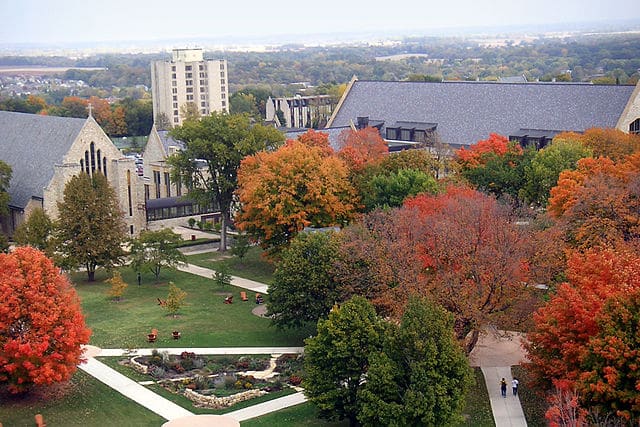
The music education program at Minnesota’s St. Olaf College combines the work of the Education and Music Departments. In addition to special training for music education majors, students take courses in pedagogical studies and literature.
Students benefit from the experience of its excellent faculty. Visiting assistant professor Dale Kruse brings to students everything he learned not only from conducting the Augsburg College Cedar Singers Men’s Choir but also while teaching choral music at Armstrong High School and Wayzata High School.
As Music Director for the Minnesota Opera and a performer with numerous organizations, Kruse has extensive knowledge of the power of music.
Visiting instructor Dana Maeda performs with the Rochester Orchestra and is a founding member of WindWorks Woodwind Quintet. But she also has 14 years of experience teaching high school band, bringing to St. Olaf an understanding of the performance and teaching of music.
University of Michigan School of Music, Theatre, and Dance (Ann Arbor, MI)
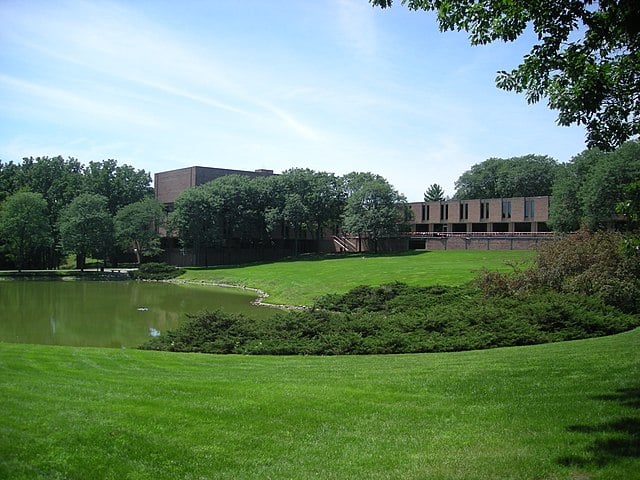
Over its sixty years of existence, the University of Michigan’s Department of Music Education has trained music educators at every instructional level.
With its faculty and resources, the department equips future music teachers with the knowledge, skills, and insights they need to spread a love and appreciation of music in children.
With a 100% placement rate, U of Michigan sends its graduates to teaching positions in New York, Chicago, and in major music markets throughout the nation. Graduates find work as teachers, youth orchestra directors, and more.
There are several options for students at Michigan pursuing music education. Students can choose to concentrate in choral music education, instrumental music education, or even participate in the recently added minor in popular music.
Vanderbilt University Blair School of Music (Nashville, TN)
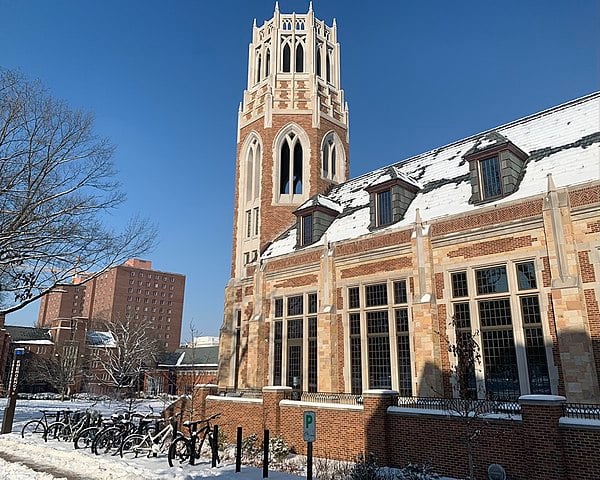
In the music education program at Vanderbilt University, students receive conservatory-level training with a liberal arts focus. Future music teachers become not only experts in their instruments but also first-class instructors.
Students learn the latter as part of the music program at Blair School of Music. There, they study under world-class musicians and participate in performance opportunities given to any other music student, including recitals and lessons.
Many faculty members at Blair perform in the Nashville Symphony, one of the nation’s great classical music organizations.
In cooperation with the Peabody School of Education, students gain practical experience through practice assignments and student teaching roles. Peabody provides students with scholarship opportunities and with a state teaching certificate.
This dual approach gives students the highest-quality musical and pedagogical instruction. They become masters at the instruments and excellent teachers, ready to enter any classroom.
Indiana University Jacobs School of Music (Bloomington, IN)
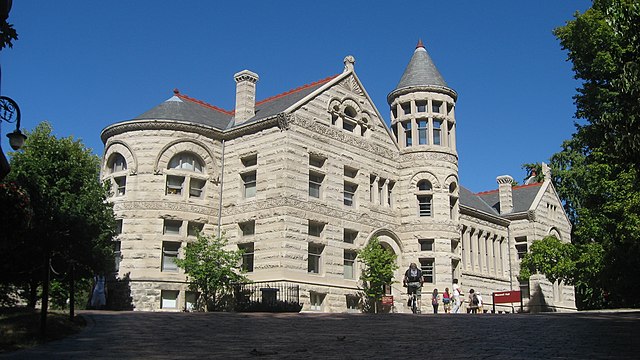
Future teachers studying at the Indiana University Jacobs School of Music can pick from four areas of emphasis: choral, general, band, or orchestra.
Whichever focus they decide upon, students will have many opportunities to play in front of audiences in IU’s many performance halls. Every student participates in at least one ensemble each semester, joining any of the school’s two dozen bands, choirs, orchestras, and more.
Students learn under a faculty of experienced teachers and performers, each an expert at their craft. In addition to chairing the music education department, professor Brent Gault has taught early childhood music courses across the country. Additionally, professor Gault has presented at numerous conferences in the field and has published in various early education journals.
Associate professor Brenda Brenner performs chamber music in groups across the United States. She also directs the Fairview Project, which gives first and second graders in underserved school lessons in violin.
Florida State University School of Music (Tallahassee, FL)
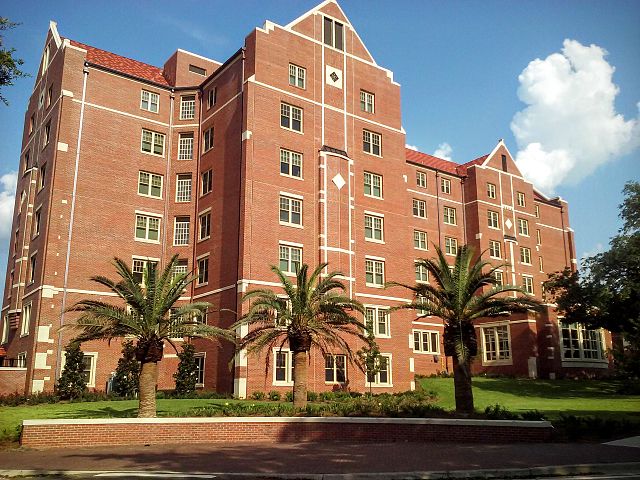
Few music education programs offer quite the variety in emphasis found at Florida State University. Operating on the belief that music education requires mastery of one’s instrument, FSU offers concentrations in choral conducting, instrumental conducting, music therapy, and more.
Based on this training, students can prepare to teach elementary and general music, as well as middle school and high school chorus, orchestra, and band. They gain experience in classes covering everything from ear training and conducting to teaching methods and classroom organization.
Additionally, FSU offers a summers-only program through which music educators can earn a traditional master’s degree without leaving their teaching position. Students in the program complete three summers with ten or twelve course hours, culminating with a term at the FSU Study Centre in London, England.
University of Cincinnati College-Conservatory of Music (Cincinnati, OH)
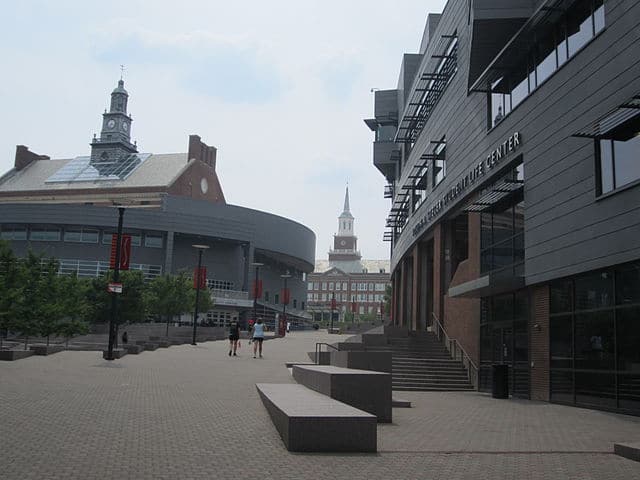
One of the leading conservatory programs in the nation, the University of Cincinnati has a long tradition of music education serving as a training ground for teachers throughout all of Ohio and beyond.
The music education program at CCM is among the most successful in the country in placing students into the workforce. In fact, students who seek music education jobs after graduation enjoy a 100% placement rate in the industry as teaching professionals.
Cincinnati’s music ed program is rich with a storied history. Programs in teaching musicians to become teachers in Cincinnati started in the early 20th century. The pedagogical lineage of many teachers today can be traced back to the early days of the CCM program.
In addition to an undergraduate program, the music education major at Cincinnati also awards Master’s degrees. Students can either learn on campus or take classes in the summertime for their Master’s degree. Graduate assistantships are available for enrolled students.
UT Austin Butler School of Music (Austin, TX)
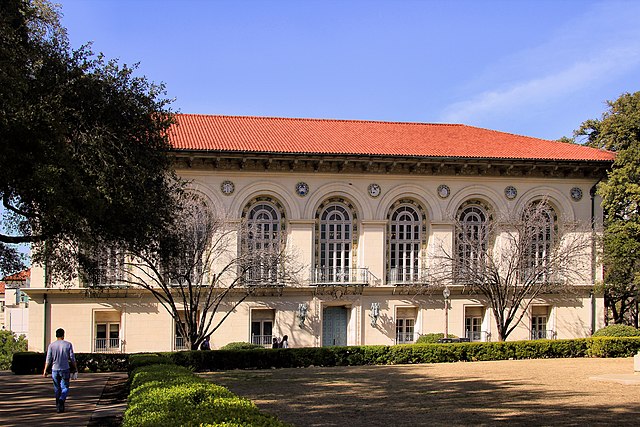
The unique approach to music education at the University of Texas Austin Butler School of Music is made clear by the name of the degree. Their music and human learning program emphasizes the relationship between human development and musical expression.
At the core of the program is the belief in excellent musicianship. To that end, the music and human learning program give students ample opportunity to develop their craft. Students participate in all of the school’s major performing ensembles and study with artist faculty, just like any other member of the school of music.
With a highly selective upper-division program, Butler only admits those who demonstrate first-class knowledge and skills in performance on a principal instrument or voice, conducting, music theory, music history, and keyboard. The program then builds on that understanding by giving students rigorous teacher training, including hands-on experience in local public schools.
Ithaca College School of Music (Ithaca, NY)
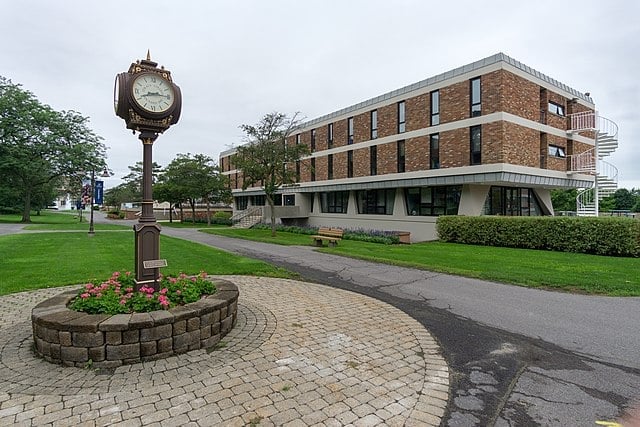
There are many reasons why the music education program in the Ithaca College School of Music is among the best in the world. But the most telling may be the importance they put on education, employing ten full-time music education faculty members and several part-time faculty members.
All of these teachers are educators and practitioners who continue to work in public school music programs, remaining up to date on current best practices.
Ithaca also features numerous facilities to support music education students, including the Carl and Helene Wickstrom Music Education Center, which features several working and teaching areas for students and faculty.
The center’s music education resource room has extensive holdings for music majors, including one of the country’s most complete educational collections of general music basal series and band, choral, jazz, and string method books.





